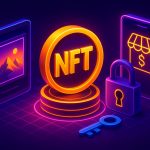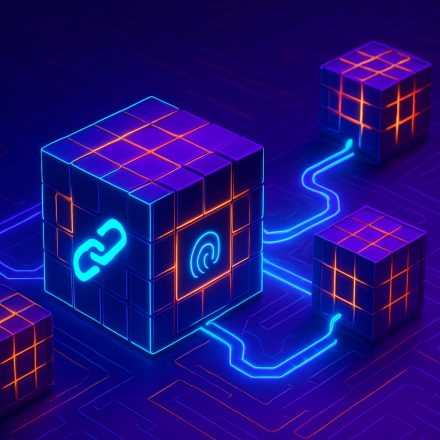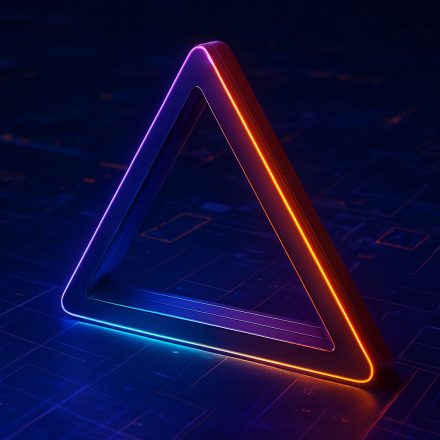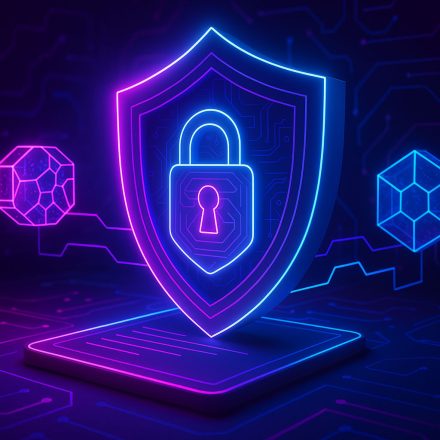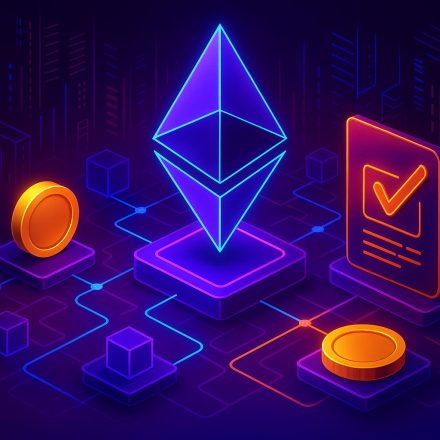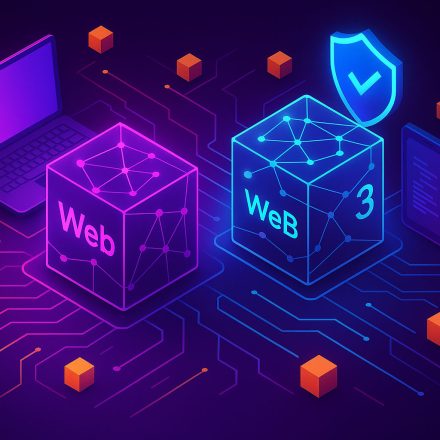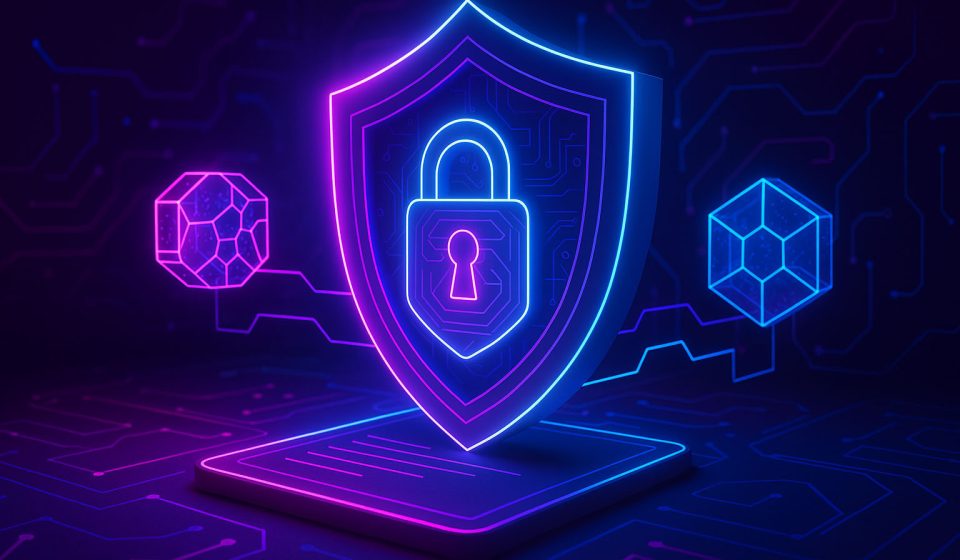
🧠 Understanding Zero-Knowledge Proofs (ZKPs)
Understanding Zero-Knowledge Proofs (ZKPs) is key to grasping the next generation of blockchain privacy and scalability. ZKPs allow one party to prove the truth of a statement to another—without revealing any underlying information. In a decentralized world where transparency and privacy often clash, zero-knowledge proofs offer a solution that delivers both.
Table Of Content
Let’s break down what ZKPs are, how they work, and why they’re becoming a fundamental part of blockchain’s future.
🔍 What Is a Zero-Knowledge Proof?
At its core, a zero-knowledge proof is a cryptographic technique that enables someone (the prover) to prove something to someone else (the verifier) without revealing the information itself.
A simple analogy:
Imagine proving you know the password to a locked door without actually saying the password—just by demonstrating you can unlock the door.
In blockchain, this enables secure verification of data or computations while keeping sensitive details private.
🧪 How Zero-Knowledge Proofs Work
There are two main types of ZKPs used in blockchain:
- ZK-SNARKs (Zero-Knowledge Succinct Non-Interactive Arguments of Knowledge)
- ZK-STARKs (Zero-Knowledge Scalable Transparent Arguments of Knowledge)
Both rely on complex mathematics and cryptography, but here’s what they do:
- Validate a claim or transaction
- Minimize data shared with the network
- Improve transaction speed and reduce gas costs
- Preserve user privacy
🧠 Internal link: Learn how this compares with other security methods in The Role of Cryptography in Blockchain Technology
🧱 Why ZKPs Matter for Blockchain
ZKPs have profound implications for both scalability and privacy.
🔐 Privacy
ZKPs allow users to prove ownership, balances, or credentials without revealing the data itself. This is crucial for:
- Private payments
- Confidential identity systems
- Enterprise data compliance
⚡ Scalability
Protocols like zkRollups aggregate multiple transactions into one, significantly reducing the load on the main blockchain.
External link: Read more about zkRollups on ethereum.org
🧬 Real-World Use Cases of ZKPs
ZKPs are already being used or explored in several blockchain ecosystems:
1. 🛡️ Zcash
A privacy-focused cryptocurrency that uses zk-SNARKs to enable shielded transactions.
2. 🔄 zkSync & StarkNet
Layer 2 scaling solutions for Ethereum that use zero-knowledge proofs to reduce congestion and fees.
3. 🧾 Decentralized Identity
Projects like Iden3 and Polygon ID use ZKPs to verify age, location, or credentials—without exposing personal details.
🚀 What’s Next for ZKPs?
As blockchain adoption grows, expect ZKPs to play a vital role in:
- Regulatory compliance without sacrificing decentralization
- On-chain privacy for institutions and enterprises
- Mass adoption of scalable Layer 2 solutions
- Enabling decentralized identity in Web3 apps
ZKPs are also being explored for voting systems, supply chain validation, and secure multi-party computation.
🧠 Final Thoughts
Understanding zero-knowledge proofs (ZKPs) is essential for anyone looking to stay ahead in blockchain innovation. They offer the best of both worlds: transparency and privacy, scalability and security.
As protocols adopt more advanced ZKPs, the blockchain world will become faster, safer, and more usable for the mainstream.
🔁 Quick Recap
- 🔍 ZKPs let you prove something without revealing private data
- 🔐 ZKPs power privacy coins, identity platforms, and scaling solutions
- 🛠️ zkRollups and ZK-STARKs are changing how Ethereum handles transactions
- 🌐 ZKPs will be key for the future of Web3, DeFi, and beyond




